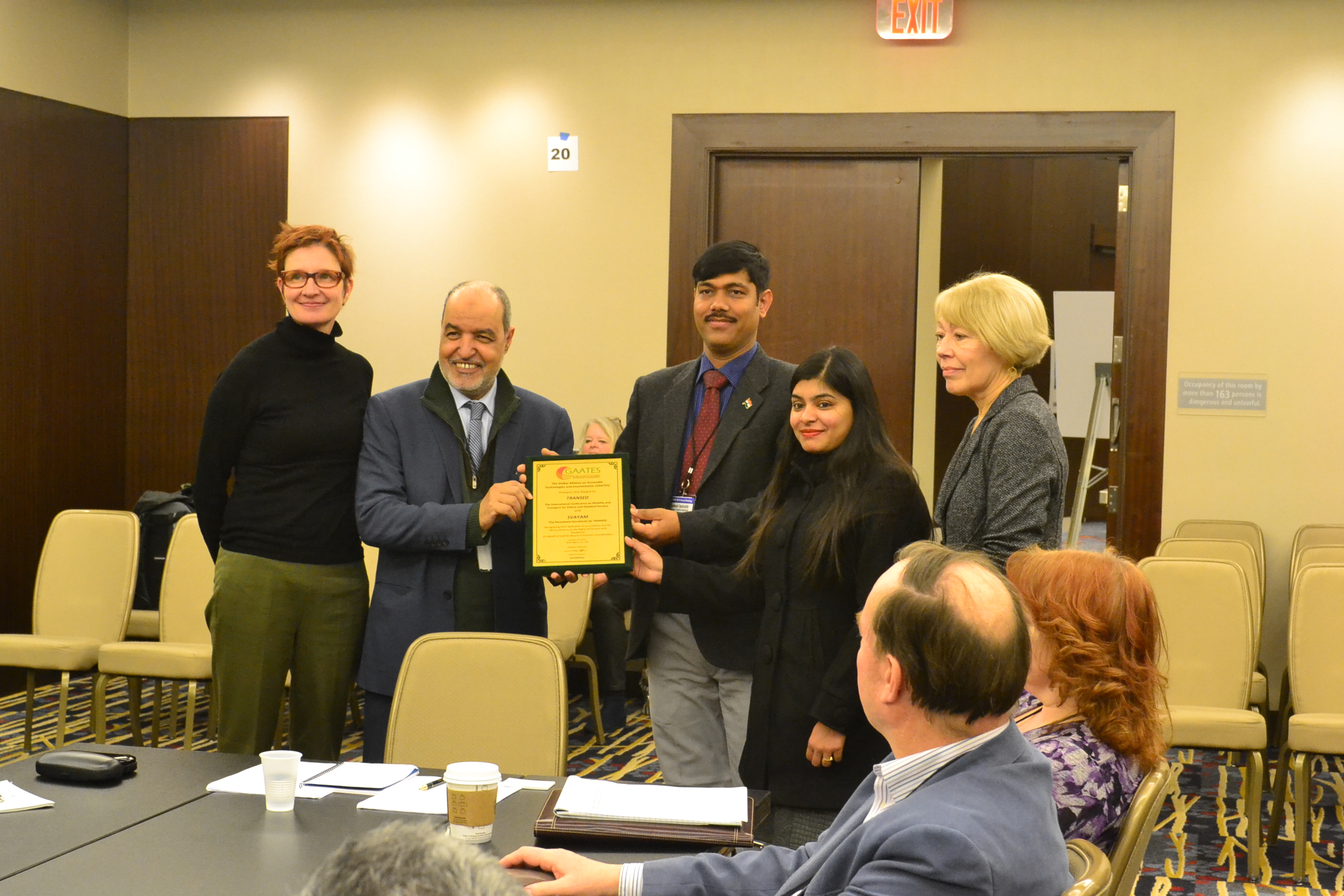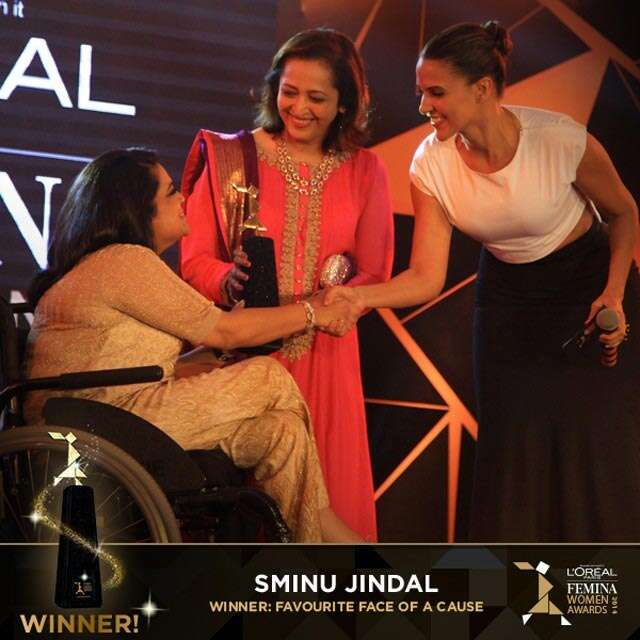
NT, January 11, 2017 in Buzz
SHERAS FERNANDES| NT BUZZ
Question 1: You are now one of India’s leading business leaders, promoting equal accessibility rights movement in India. Tell us something about your journey.
Answer: I was a young child when I met with an accident and the world changed for me which kept me wondering how people lived life. As I grew older I realised that there are many who will benefit with accessible infrastructure. Accessibility enables one with smoother ways to move from one place to another. The idea is to do it safely for all women, children and elderly people to benefit with better ways and routes. People don’t understand how accessibility can affect people who are on the wheelchair. The whole idea is nature has made challenges around us and people are there to help us to overcome them. Human beings should ensure that infrastructure is accessible to live a normal life.
Question 2: Can you throw some light on the current scenario of the lives of people with reduced mobility in India and Goa in particular?
Answer: According to what I have observed in the past few years I have realised that people with reduced mobility in Goa don’t like to go out of their houses, whether it is their choice or the situation. Since Goan culture is about susegad it could be out of choice that people chill. Quoting census 2011, out of 1.5 million people in Goa almost 1 lakh people are directly impacted by accessibility at any given time (including the ones who are temporarily disabled due to accidents and falls).
Question 3: According to you how can accessibility for those with reduced mobility benefit both tourism and economy, especially in a state like Goa?
Answer: We as Indians miss out on a huge amount of opportunities. In terms of economic gain we have not thought if what will happen if we have accessible restaurant. It is to think a little beyond and make it a little bit different.
Question 4: The general debate is that ‘Accessibility is not just about disability’ can you please explain this statement?
Answer: Move around Goa and you will see how accessible or inaccessible Goa is. Do we have accessible ways for a baby in a pram or an old man with a walker? We must have civic sense and be sensitised about the issue of people with reduced mobility. If accessibility is brought into implementation, somewhere down the line when we become older we too will be at an advantage, as we will not have to rely on anyone. Accessibility is not a disability topic it is a developmental topic as it benefits everyone in the society.
Question 5: What are your plans in improving the accessibility scenario in India? Do you have any specific plans for Goa?
Answer: I believe that Goa is a law abiding state and it is a state that wholeheartedly welcomes people from different walks of life. If a few things are kept in mind it will benefit the society as a whole. Three main things are the, size of a ramp, size of the door which should be at least three feet wide and an accessible bathroom – there are clear cut designs available and Svayam website offers them for free. If these three things are kept in mind, from a 100 per cent difficulty, life becomes only 20 per cent difficult for people and particularly for people with reduced mobility. The rest 20 per cent difficulty is transport. If transport is made accessible people with reduced mobility have their ‘me’ time and do not have to rely on anyone. Buses, pathways and proper curb cuts are essentials that will further reduce the difficulties for a person with reduced mobility. There are few things which are complicated but if you understand them you can make roads accessible.
Question 6: Did you encounter any incident in life that made you believe that equal accessibility is not just important, but should also be a right for everyone?
Answer: I encounter so many incidents in different aspects of my day to day life. When I stay in a hotel there is only one accessible room which is not always what one desires. When we talk about a chilled way of life how can we live when someone else around us is in pain. For me sometimes the stairs of a church or temple is like Mount Everest. When God has given a problem why can’t other people help one another to find a solution. Give people the means of livelihood through accessibility. You should give somebody a gift that he remembers for life and accessibility can make a good gift.
Question 7: How has Svayam helped in breaking barriers and making necessities like education and healthcare accessible for people irrespective of their age and physical ability?
Answer: In a country like India people must understand the problems of those with reduced mobility and the need for accessibility for the benefit of the society. So my constant struggle is to talk to people and higher authorities like the education, health or tourism minister to make them aware on the need for accessibility. We are doing it at a central level (Delhi). Whenever I travel, I make it a point that I speak to people about accessibility; I have a greater hope of accessibility coming to Goa soon.
Source: Navhindtimes


